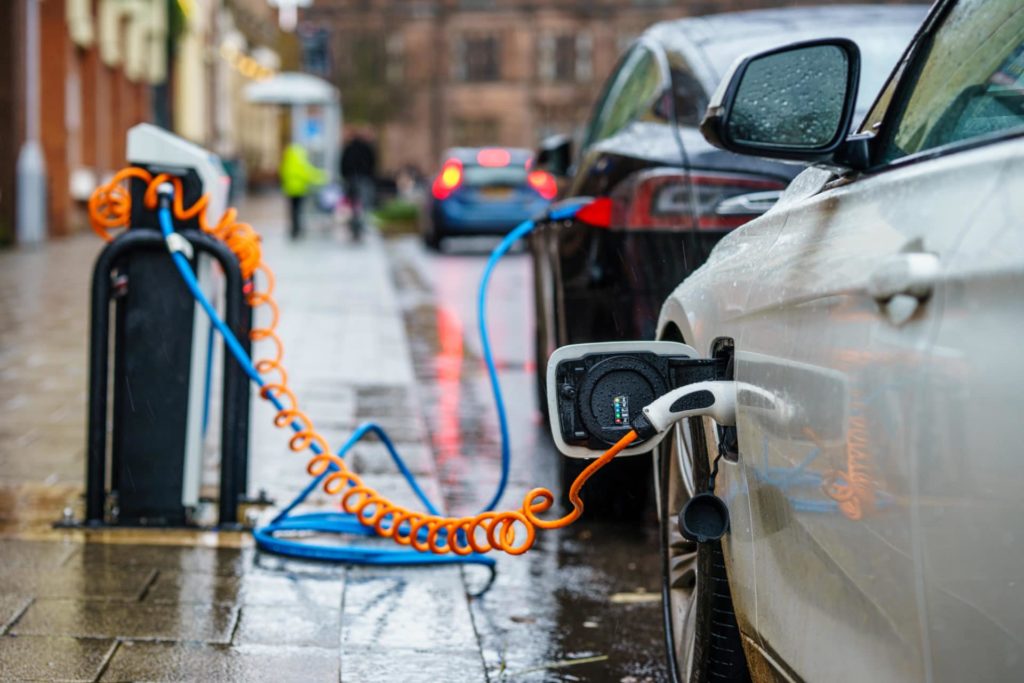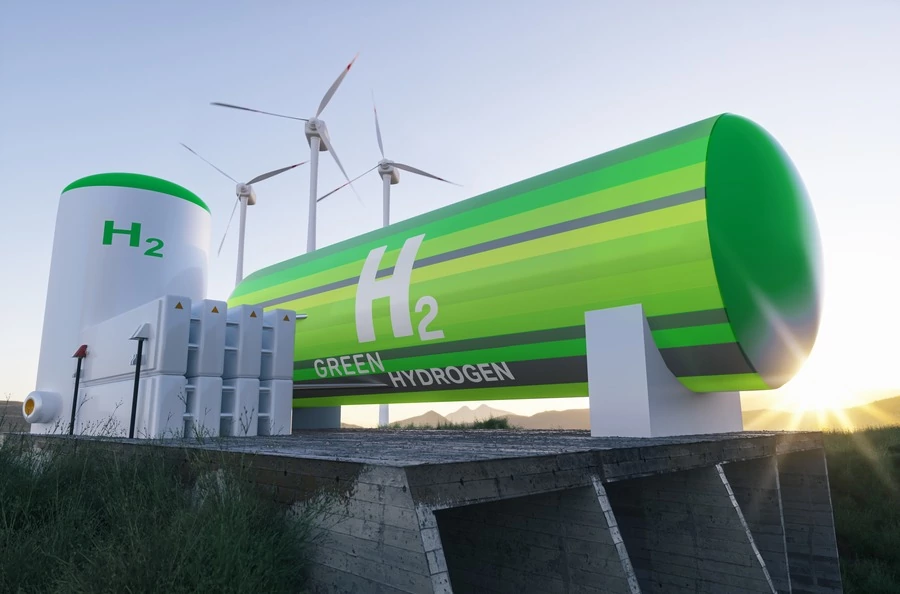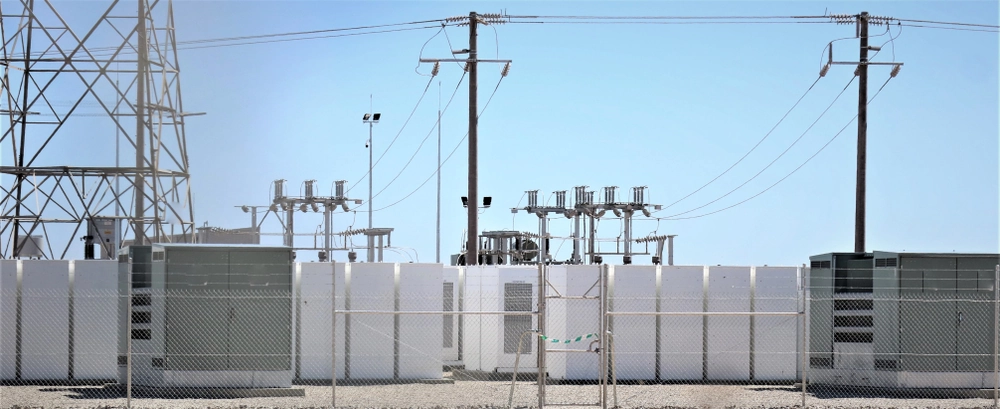
On the road to change: What do the draft Public Charge Point Regulations mean for EV operators?

By Mark Greatholder, Kutahya Cherry, Aliki Zeri
14 Aug 2023 | 4 minute read
The draft Public Charge Point Regulations 2023 (the Regulations) have recently been laid before Parliament. The Regulations detail new requirements for charge point operators in relation to their electric vehicle (EV) charge points, with the aim of improving the charging experience for consumers.
The Regulations were the outcome of a consultation held in spring 2021. Many operators will already be familiar with the details of the draft Regulations. In our article, we have summarised the key proposals and highlighted some practical considerations for EV charge points operators.
Public charge points
The Regulations are intended to apply to 'public charge points' i.e. charge points intended for use primarily by members of the general public. To provide further clarity, the Regulations exclude 'workplace charge points' and charge points restricted to the exclusive use of vehicles produced by a specific manufacturer, occupiers of residential premises (and their visitors) and people engaged in a specific occupation (the Regulations do not at present define the occupations that will fall within this exception).
What are the requirements?
Payment and Pricing
To increase transparency, charge point operators (owners of a charge point or any person operating a charge point on their behalf) would be required to ensure that the total price for charging an EV at a public charge point is clearly displayed in pence per kilowatt hour, either on the charge point itself, or through a separate device. Furthermore, the total price displayed must not increase once the charging of the EV has commenced.
To improve ease of payment, the Regulations propose that, within one year from the date that the Regulations come into force contactless payment must be made available at:
- New public charge points (i.e. those installed after the Regulations come into force) with a power of 8 kilowatts or above.
- Existing charge points with a power of 8 kilowatts or above, which become public charge points after the Regulations come into force (i.e. private charge points which then become available for general public use).
- Existing public charge points with a power of 50 kilowatts or above (rapid public charge points) that are in operation before the date on which the Regulations come into force.
Interestingly, existing public charge points that do not meet this 50 kilowatts power threshold at the time the Regulations come into force will not be required to enable contactless payment.
The Regulations also provide that, within two years from the date that the Regulations come into force, an Operator of Public Charge Points must ensure that a person using any of its charge points is able to pay to charge an EV using a payment service provided by a third-party roaming provider.
Both proposals are intended to make payment for EV charging a lot more straightforward, removing the requirement to enter a contract with the Operator and reliance on particular mobile networks.
Performance
Operators would be required to ensure that, one year from the date on which the Regulations come into force, their network of rapid public charge points is, on average, reliable for 99% of the time. A rapid public charge point would not meet the reliability threshold where it was not working, indicated by an ‘inoperative’ or ‘out of order’ status.
Failure to achieve the reliability requirements, could result in a ‘compliance notice’ being served by the enforcing authority, requiring the Operator to take specific steps to ensure compliance.
Typically, Operators rely on third party service providers to ensure that the charge points are operating as intended. Existing contractual arrangements will need to be reviewed to ensure that they are robust enough to enable Operators to comply with the requirements of the Regulations, upon their entry into force. Where negotiating new contractual arrangements Operators should ensure that any obligations imposed by the Regulations can be passed down the chain.
On their part, service providers will want to ensure that they have the tools to address any issues impacting the operation of the charge points. In most instances, they would be looking to rely on the manufacturer (and would look to bring a claim under the manufacturer’s warranty) to rectify the issue. It remains to be seen whether this reliability requirement will impact on the cost of the equipment and the price ascribed by manufacturers to their warranties.
Importantly, failure to comply with a Compliance Notice, could result in the issuance of a penalty notice on the Operator. The Regulations set out the detailed process that needs to be followed before such action is taken, but Operators are advised to carefully consider the risk of non-compliance with the reliability requirements (and the Regulations overall) and decide on the correct allocation of the same in their contracting chain.
Operators would be required to submit a report to the Secretary of State on an annual basis setting out various reliability related data for its network of rapid public charge points, providing a means of monitoring and enforcement. The first report for the calendar year 2025 should be submitted by 14 January 2026 and thereafter by 14 January in the year following the calendar year to which it relates.
On the assumption that Operators already have the means of monitoring performance of their charge points, this obligation should not create a considerable administrative burden. That said, the form of the report and granularity of the information required will be key.
Operators would be required to provide a 24/7 staffed telephone helpline free of charge to allow users of Charge Points to seek assistance. Operators must then submit a quarterly report to the Secretary of State with various details to enable the functioning of the helpline to be monitored. The first quarterly report must be submitted by the last business day of the thirteenth month after the month in which the Regulations come into force and must cover the last quarter year ending before that thirteenth month.
Operators will need to consider how this will be facilitated (in-house or through outsourcing). Where this function is outsourced, consideration needs to be given on the incorporation and monitoring of appropriate KPIs, as ultimately the compliance obligation rests with the Operator.
Open Public Charge Point Data
Within one year from the date that the Regulations come into force, Operators are required to start collating and thereafter holding particular types of data (the categories of data are defined by reference to paragraphs 8.3.1 – 8.3.3 of the Open Charge Point Interface protocol). Such data should be made available to the SoS and any DNO/ESO/TSO that supplies electricity to the charge points.
In addition, certain of the data, namely the 'availability' and 'reference' data should be made available to public free of charge. The 'availability' data means information about whether a charge point is working (i.e. whether the charge point has a 'available', 'charging' or 'reserved' status). The 'reference' data refers to information about the charge point such as its location, the type of connector it has available to charge an EV, its available payment methods etc. This open data requirement will assist in transforming the mapping of public charge points, making it easier for EV owners to plan their journeys.
How will the Regulations be enforced?
The draft Regulations grant the Secretary of State various powers to enforce the new requirements. These include investigatory powers to check compliance, service of compliance notices requiring remedy of breaches, and imposition of civil penalties for continued non-compliance.
Civil penalties may be imposed if there is a failure to comply with a compliance notice or there has been obstruction of the Enforcement Authority or false statements made to them. Civil penalties may range up to:
- £10,000 for each Public Charge Point in relation to which there has been a breach of Regulations relating to contactless payments, payment roaming, reporting, provision of a helpline, holding of data sets, and displaying units of measurement used for pricing.
- £10,000 for a network of Rapid Public Charge Points in respect of which there has been a breach of reliability requirements.
- £250,000 for obstruction of the Enforcement Authority and making of false statements.
The Secretary of State may accept a written undertaking (an enforcement undertaking) that agreed actions will be taken to address a breach of the Regulations.
Our thoughts
The ban on new petrol and diesel cars effective from 2030 (and phased ban of hybrids) brings into sharp focus the need for the roll out of EV charging infrastructure at scale to encourage and enable the purchase of EVs. The need to enable ease of use across multiple charge point concepts through interoperability, together with a key role for open sources of data to consumers are key step in this transition, particularly bearing in mind the Government's net zero targets.
Having spoken to clients operating in the space, we are heartened to see that these requirements have been long-anticipated and have, in some instances, already been accommodated in their existing contractual arrangements. This will not always be the case though and Operators are advised to undertake a review of their existing contractual arrangements to ensure that they are best placed to comply with the regulatory requirements when these come into force.
For further guidance on the Regulations, please contact one of our experts below.














